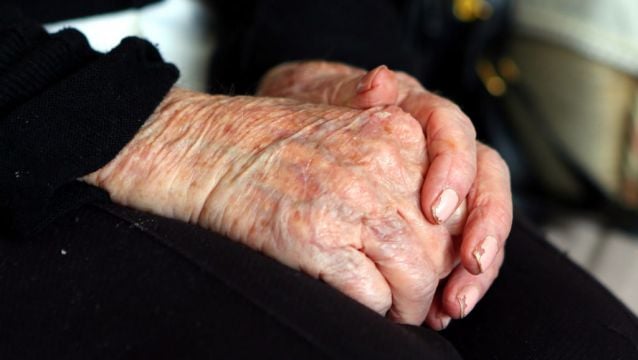Age Action has said it is “very concerned” that the Department of Health only delivered just over a third of its own targets for intensive home care packages last year.
Figures published in the Public Services Performance Report for 2022 show that just 80 people were in receipt of intensive home care packages (HCPs) in 2022, which is 34 per cent of the Department’s target of 235.
The HSE, which is responsible for the delivery of intensive HCPs, only reached 61 per cent of its target for 360,000 overall home support hours provided under these packages.
Outside of intensive HCPs, the Department met its own target for the number of people in home support.
However, it only met 87.8 per cent of the total hours for these people.
Age Action, an advocacy group for older people, said the delivery of intensive HCPs has been an issue for years.
The organisation’s head of advocacy and public affairs Celine Clarke said while there has been a significant investment in the scheme during Covid-19, this did not translate into the actual delivery of intensive HCPs in homes.
She said this was a “critical issue” particularly with Ireland’s ageing population.
“When it comes to intensive home care packages, someone really needs that support.
“The alternative is that they will end up in a nursing home, which is not the will and preference of the majority.
“People are not having their care needs met. This is for many complex reasons but they are all solvable with political will.”
One of the key issues is a shortage of workers.
Ms Clarke said HSE data indicates that in July 2022, 5,312 people were waiting for home-support from the HSE’s Services for Older People, in part because there were a shortage of care-workers available.
Home and Community Care Ireland, a representative body for home-care providers, said the waiting list for people in need of a carer was 6,673 in December 2022.
In addition, the report of the Strategic Workforce Advisory Group on Home Carers and Nursing Home Healthcare Assistants notes that a significant proportion of care workers providing home-support are themselves older people, with HSE data indicating 42% were aged 60 and over.
Ms Clarke said: “This is likely to exacerbate existing workforce shortages in the years to come.
“This echoes the situation across Europe where 38% of the long-term care workforce are aged 50 and over.”
Ms Clarke further warned that the Department’s figures do not address the full scale of the problem as they do not account the total unmet need for the service.
“We haven’t seen what the level of unmet need is. We are waiting for an assessment.”
Age Action, which has long called for a Commissioner for Ageing, said the delivery of intensive HCPs has to be prioritised.
“It is not just an issue of money, it is also an issue of planning.”
Ms Clarke said with the existence of statutory nursing home support, Government has created a policy of incentivising privatised institutional care.
She said this has caused all sorts of problems and has been exacerbated by the closure of some nursing homes.
“Most people want to age in place, which is also cheaper.”
She added: “We are talking about people who are in a very vulnerable situation.
“It is just not acceptable that the State cannot fix this problem.”
In 2021, the ESRI said halving the number of home support recipients who enter long-term residential care by providing them with adequate intensive home support packages would require an extra 4.2 million hours.
The HSE has been contacted for comment.







